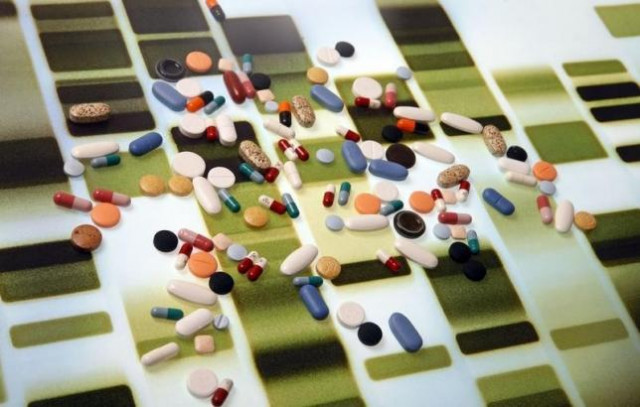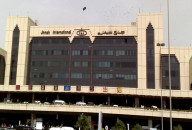Govt approves hiking drug prices by 10%
Amends Drug Pricing Policy 2018 to allow 7% hike in prices of lifesavings drugs; 10% in other drugs

The PTI led federal government has amended the Drug Pricing Policy 2018, allowing pharmaceutical companies to increase prices of medicines up to 10%. According to a source, the decision to raise drug prices has been taken in line with consumer price index (CPI).
The Drug Regulatory Authority of Pakistan (DRAP) on Friday issued a notification which said the regulator has allowed pharmaceutical companies to increase prices of their lifesaving drugs by up to 7% and other drugs by up to 10% on recommendation and approval of the government and its policy board.
According to the notifications, the pharmaceutical companies and drug importers will be bound to submit all the evidence of a raise in the maximum retail price (MRP) of a medicine along with the signatures of the company’s chief executive officer to DRAP.
DRAP will not accept revised prices of a pharmaceutical company or importer, if they fail to submit this evidence. DRAP will approve the new prices within 30 days after verifying the documents. However, the new prices will be thought to be effective if DRAP fails to approve the prices in 30 days.
The notification said no pharmaceutical firm, importer, hospital or wholesaler will be allowed to put sticker of the new prices on medicine bottles or packs. The revised MRPs will have to be printed on the packing according to the Drug Labeling and Printing Rules.
The new prices will not apply to the batches of medicines made prior to the notification. The notification said the Ministry of Health will review drug prices every year according to consumer price index (CPI).
The apex court on June 29 ordered the federal government to decide new drug prices within four weeks as it expressed dissatisfaction over operation of DRAP, which, it said, works under pharmaceuticals.
A division bench comprising Chief Justice Gulzar Ahmed and Justice Ijazul Ahsan had issued the order while hearing a petition filed by a private pharmaceutical firm against reduction in prices of medicines.
The Ministry of Health on December 31, 2018 issued a Statutory Regulatory Order (SRO) to fix the maximum retail price (MRP) of 889 medicines. The ministry had reduced prices of 395 medicines; increased prices of 464 medicines and kept prices of 30 medicines unchanged.
However, the pharmaceutical industry increased prices of some medicines by up to 100% to 500%. The government on May 4, 2019 announced to reverse the increase in medicine prices after a backlash.
During the hearing of the petition on June 29, the counsel for the private pharmaceutical firm said the government while reducing the medicine prices had violated a Supreme Court order. According to the counsel the SC had ordered government to freeze prices at the level of year 2013.
The chief justice, however, said the court had not issued any such order.
A three-judge SC bench on August 4, 2018 directed DRAP to decide within 10 weeks all pending cases of pharmaceutical companies regarding medicine prices, while ordering the government to freeze the then existing prices of all medicines till a decision on the cases.
Justice Gulzar Ahmed noted that drug regulatory authorities in the world are very strong but DRAP is working under the pharmaceutical companies. DRAP keeps fluctuating drug prices, he added.
Appearing before the bench, a DRAP official had said the authority is trying to control drug prices. He also took exception to an observation of the CJ that DRAP is operating through officials on deputation and said: “No one is working on deputation at the director level in DRAP.”
Justice Ijazul Ahsan also asked why it takes government so much time to fix drug prices. The CJ noted that DRAP should determine drug prices in a day.
Justice Ahsan asked if the government decided drug prices on recommendations of a relevant task force. He said the government could not defer the matter of drug prices indefinitely.
The additional attorney general (AAG) said the government has received recommendations of the task force but it has not yet made a decision on the recommendations. The AAG said the Drug Pricing Committee (DPC) has no authority to determine drug prices.
The CJ said the task force has also no legal basis. He said the DPC determines drug prices but the government also formed a task force on the advice of the DPC. The bench ordered the federal government to decide drug prices within four weeks and adjourned hearing of the case.
At the last hearing of the case, the AAG had told bench that the task force and not the federal cabinet determined prices of medicines. Justice Ahsan had noted that the task force was apparently using delaying tactics instead of making a decision on the matter.



















COMMENTS
Comments are moderated and generally will be posted if they are on-topic and not abusive.
For more information, please see our Comments FAQ